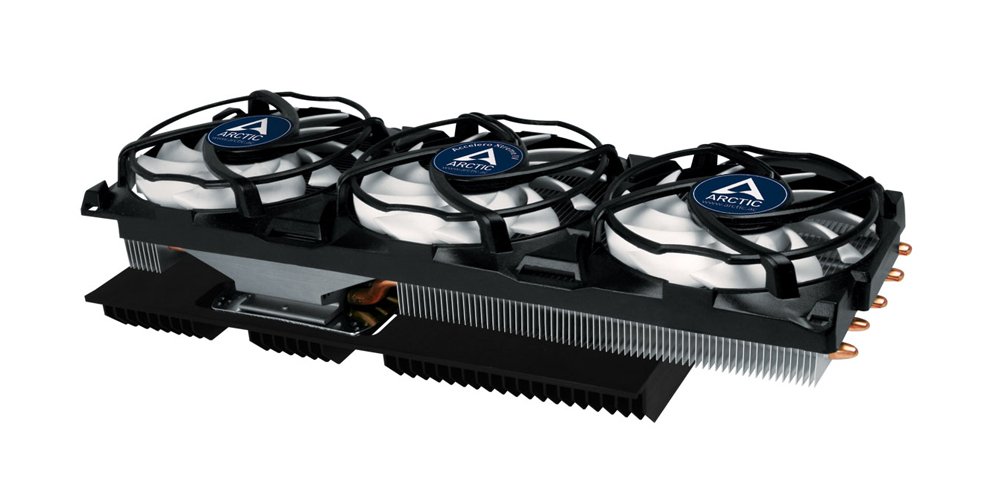I know that you typically have to decide between price / space / noise and performance, but i never see anything about high performance/no noise at the expense of space & price.
Is there anyway to make a fully passively cooled (no moving parts, no moving liquid) solution for high end components by giving up space / paying more without making it a completely unmaintainable custom mess? (Are there any off the shelf solution? If not where would you suggest i look at first for custom solutions?)
Edit : of note, i have no interest in "bling" or "looks", can be as bland as you want and very bulky/heavy/whatever, just wondering if it's possible to have a fully noiseless high end solution
Edit 2 : no specific parts suggestion either, should be a suggestion for an overall strategy (massive radiators large enough that fans aren't needed? Putting it in a 1m3 cube of liquid etc?), don't want to go for very narrow noiseless components that are downclocked or previous gen. Need a path to go from buying a list of top end components to converting the whole PC to noiseless. Price isn't an issue (within reason of course, no silly "build a 1 million $ datacenter and use the whole place as a cooler" suggestions)
Is there anyway to make a fully passively cooled (no moving parts, no moving liquid) solution for high end components by giving up space / paying more without making it a completely unmaintainable custom mess? (Are there any off the shelf solution? If not where would you suggest i look at first for custom solutions?)
Edit : of note, i have no interest in "bling" or "looks", can be as bland as you want and very bulky/heavy/whatever, just wondering if it's possible to have a fully noiseless high end solution
Edit 2 : no specific parts suggestion either, should be a suggestion for an overall strategy (massive radiators large enough that fans aren't needed? Putting it in a 1m3 cube of liquid etc?), don't want to go for very narrow noiseless components that are downclocked or previous gen. Need a path to go from buying a list of top end components to converting the whole PC to noiseless. Price isn't an issue (within reason of course, no silly "build a 1 million $ datacenter and use the whole place as a cooler" suggestions)



